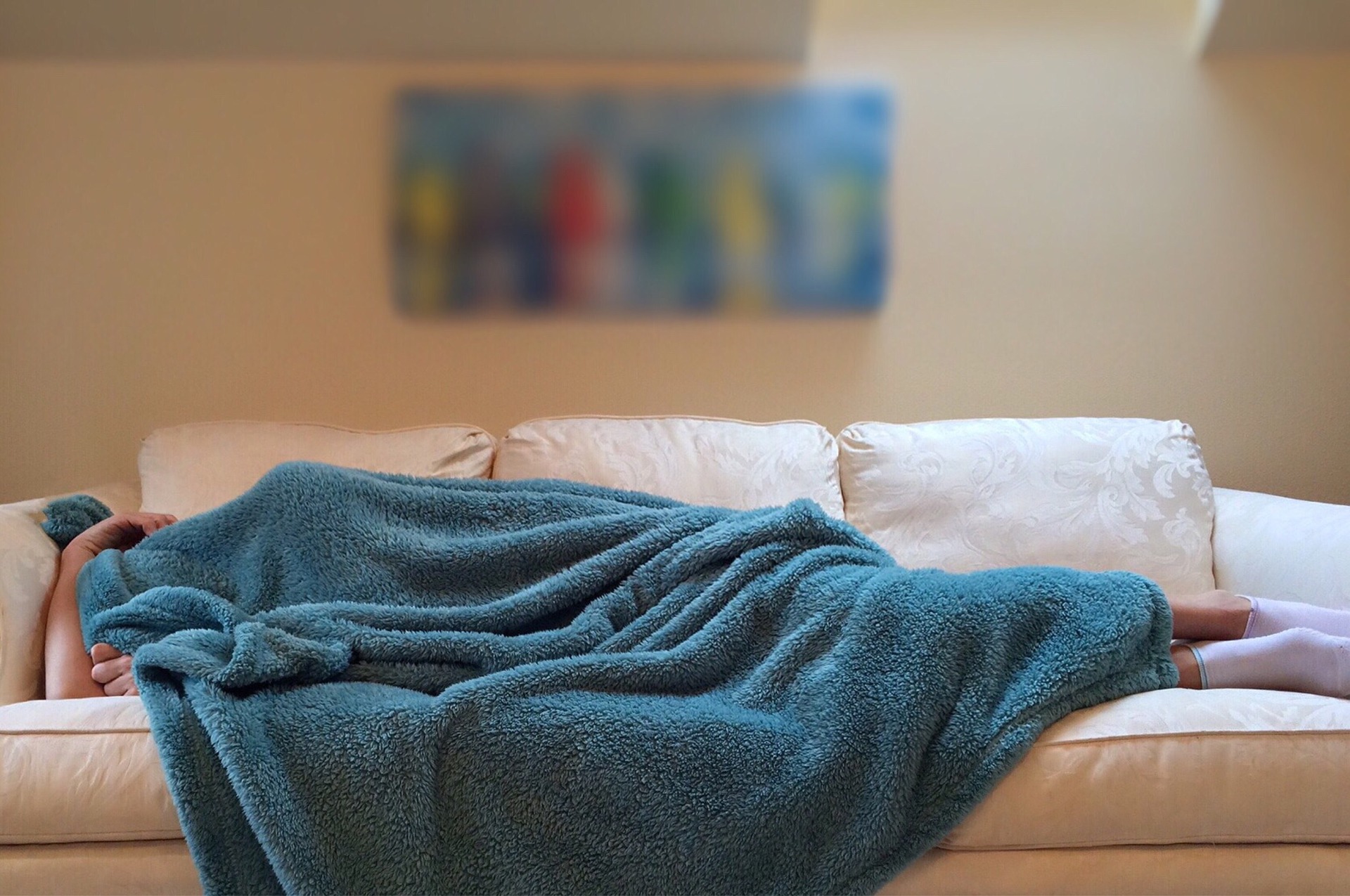
Do you…
- Have issues waking up too early?
- Have difficulty falling asleep?
- Feel down and depressed in winter?
- Struggle with shift work?
- Suffer from jet lag?
Bright light therapy is a treatment for people who experience Seasonal Affective Disorder (SAD) or circadian rhythm disorders (disorders which impact the timing of sleep).
How does my sleep work?
How long is a piece of string? Lets try to “cheat sheet” this a bit. Our circadian rhythm is a 24-hour process that is self-regulated, but also adjusts to the environment and setting by external stimuli exposure. The light-dark cycle of day and night is what shapes the circadian rhythm, with these cues resetting the rhythms each day. But serotonin and melatonin also play a crucial role in the setting of the circadian rhythm and our sleep.
What are serotonin and melatonin?
Imagine the complete opposites, night and day (literally). Melatonin and serotonin do completely opposite jobs, but together are both responsible for regulating a lot of our daily functions, like mood, appetite and sleep. If they don’t work together, then we are in trouble!
Melatonin is known as the “hormone of darkness” as it is only produced during darkness, and is absent from the body during daytime. Melatonin calms you and produces a sleepy state. This is why it is important to ensure your bedroom is dark, or you use an eye-mask – without melatonin it is impossible to have a restful, restorative sleep, and without darkness it is impossible to produce melatonin!
Serotonin is the body’s “happy drug”. Serotonin increases energy, positivity, relaxation, all the feel-good emotions! Serotonin helps us get going and get out of bed by increasing energy and effectively counteracting the lethargy from melatonin-triggered sleep. Serotonin levels increase in sunshine and in light environments – I told you, complete opposites!
A lack of melatonin can cause insomnia or difficulty sleeping. A lack of serotonin can cause depression, fatigue and lethargy. So how do we regulate this? Ensure darkness at night and dim the lights a bit before bed too (no screens, I see you!), and then in the morning, its all about being in the light! Get outside, open the blinds, let in the sunshine. Simple, right?
What is bright light therapy?
Yes, simple. But what about in winter, or if you work nights? Perhaps your sleep is already a bit… skewed. This is where bright light therapy can help. Bright light therapy has been found effective in manipulating melatonin production and the timing, effectively re-setting the circadian rhythm “body clock”, and exposure to light also helps increase serotonin production. Bright light therapy is just like it sounds – exposure to intense levels of light! Green or green-blue light to be specific. Previously white light was used for bright light therapy, however green-blue light has been found to be the most effective colour for treating the ‘winter blues’.
How can bright light therapy help me?
Do you want to fall asleep earlier? Then bright light therapy in the morning can help wake you up, increase energy, and start the day – leading to earlier sleep times.
Do you want to wake up later? Then bright light therapy in the evening before bed can help extend out your evening, and lengthen your sleep in the morning.
If you want to become a morning person, bright light therapy in the morning can help you wake up earlier, and form new sleep habits.
Exposure to bright light therapy daily can help during dark winter months to increase exposure to light, potentially increasing serotonin and leading to increased energy and improved moods!
Jet lag or shift work? Bright light therapy can help you adjust your sleep before shift changes, or help you adjust quicker following a change in sleep and timing.
If you’re interested in knowing more about bright light therapy, contact us here to book an appointment with one of our team members. For more information, you can also check out www.re-timer.com for bright light therapy glasses and sleep calculators. The glasses have been researched, developed and produced right here in Adelaide through Flinders University!
Subscribe to our newsletter Attuned Life
Would you be interested in receiving our occasional newsletter, event information and other useful tips via e-mail?

